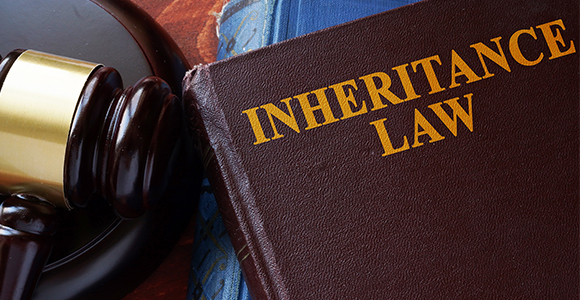WE CAN HELP YOU CALL US TODAY
WE CAN HELP YOU CALL US TODAY

Most states, including Illinois, have what is referred to as an elective share law, which helps protect a surviving spouse from being disinherited. This is true even if a surviving spouse is actively cut out of a will, as he or she will be permitted to “elect” to take a portion of the estate. How much a person can inherit in these situations depends on a number of factors, so if you were disinherited by a recently deceased spouse, it is important to contact an experienced contested estates attorney who can ensure that you receive your rightful inheritance.
Elective Share Laws
Elective share statutes allow certain surviving spouses to elect to take a certain amount of a deceased spouse’s estate. In most cases, this occurs when:
In Illinois, if a surviving spouse elects to renounce the deceased spouse’s will, he or she is entitled to receive:
Renouncing a Will
Before disinherited surviving spouses can collect a portion of their deceased spouse’s estate, they must file a signed document in probate court declaring the renunciation within:
If a will is successfully renounced, the surviving spouse will only be able to collect his or her elective share after all debts and taxes are paid and the court determines that an estate actually exists.
Avoiding the Elective Share Statute
It is possible for a testator to prevent the elective share statute from being used after his or her death. For instance, the elective share law in Illinois only applies to assets in the probate estate, or that are owned in the testator’s name alone. This means that all assets excluded from the estate are not subject to a surviving spouse who is attempting to elect a share of the deceased’s property. This includes all assets transferred to a living trust, as well as:
Prenuptial agreements are another way to avoid the use of the elective share statute, as prenuptial agreements take precedence over subsequent wills with which they conflict.
Schedule a Free Case Evaluation with an Experienced Northbrook Contested Estates Attorney
If you have questions about how the state’s elective share statute could affect your inheritance, please contact Orlowsky & Wilson, Ltd. Attorneys at Law at 847-325-5559. Initial consultations are conducted free of charge, so please don’t hesitate to call or contact us online.